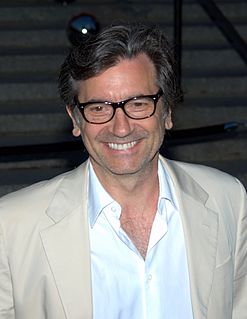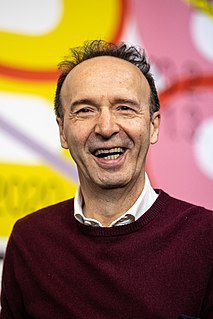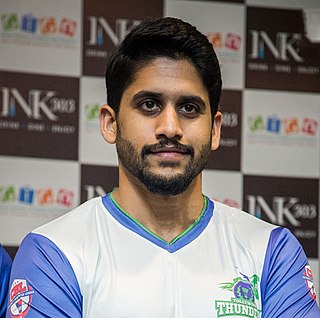A Quote by Samantha Morton
My name can raise money on a small-budget film.
Related Quotes
When you're battling against the minds of the studios and the money that can go into promoting larger budget films, it's very hard for a very small-budget Australian film to get a look in. You can get critically acclaimed and go to various film festivals around the world, but that doesn't necessarily mean the majority of people are going to hear about it.
When you raise the budget, you make creative compromises. The higher the budget goes, the more cuts in your movie happen. When people talk about how movies are watered down, that's a direct reflection of money and budget. The less money you spend; the more risks you can take. That doesn't mean it will be successful, but at least you can try different stuff. The higher your budget is, the less you can do that.
When I said that something was going to cost a certain amount of money, I actually knew what I was talking about. The biggest problem that we were having on the financing front was people with lots of money saying "you need more money to make this film [Moon]," and us saying "no this is the first feature film we want to do it at a budget where we sort of prove ourselves at the starting end of making feature films; we can do this for $5 million." That is where the convincing part between me and Stuart came, we had to convince people with money that we could do it for that budget.
I don't choose to make low-budget films. But that is the reality of surviving in the Japanese film industry. However, the trade off is, since we're working on small budgets, we have freedom. You can't buy this freedom with money. With this freedom, I think there are an infinite number of possibilities.



































